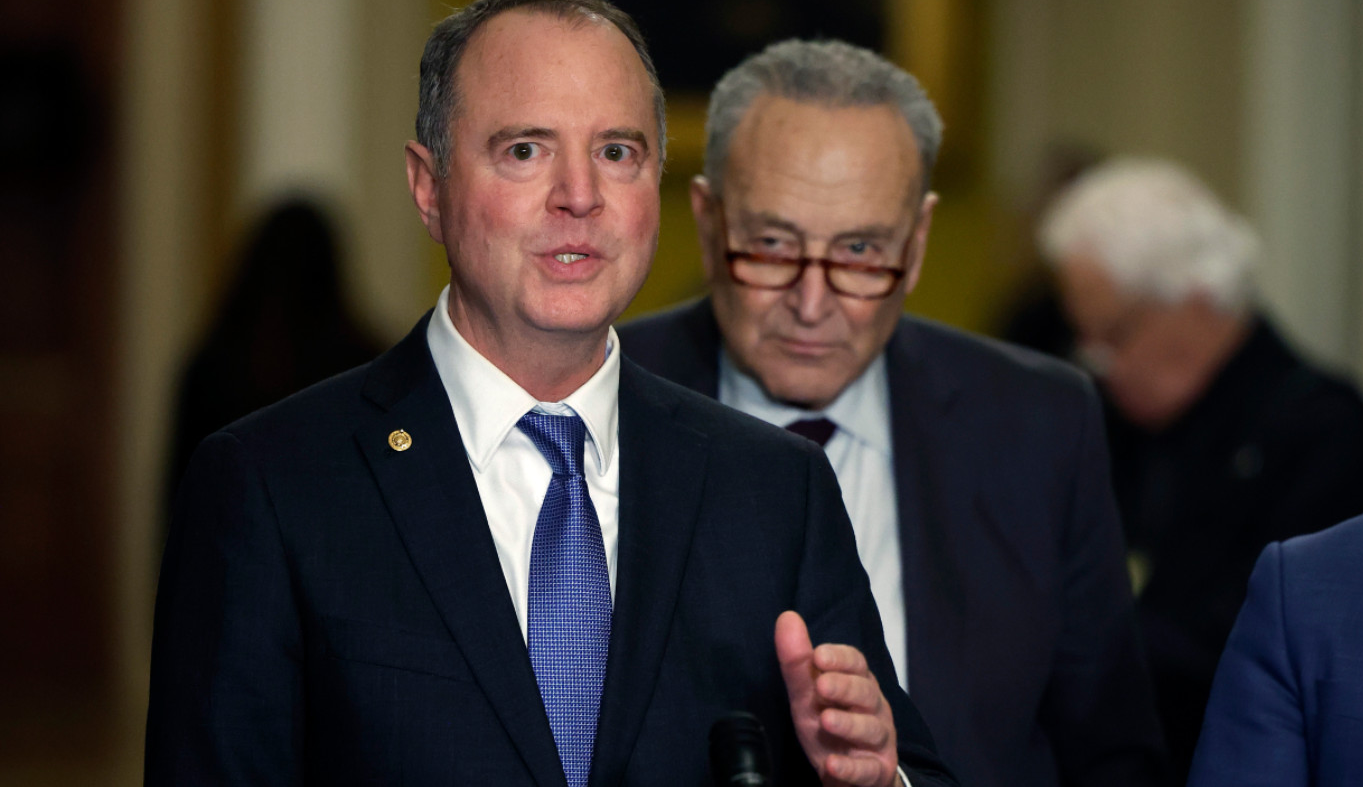Senator Blackburn’s Concerns About Kash Patel’s Potential FBI Appointment: Examining the “Russiagate” Impact and Advocacy for Reform
Recently, Senator Marsha Blackburn (R–Tenn.) sparked significant attention after discussing the potential appointment of Kash Patel as FBI Director. Blackburn suggested that some Democratic leaders, including Senator Adam Schiff, are concerned about Patel’s appointment due to his deep involvement in the “Russiagate” investigation. According to Blackburn, Patel’s extensive knowledge of the investigation might uncover details that could challenge the narrative surrounding the events and expose potential missteps made by certain leaders.
In a conversation on “Fox & Friends” and during her testimony before the Senate Judiciary Committee, Blackburn expressed that Democrats are not merely indifferent but rather anxious about Patel leading the FBI. She argued that his perspective could reveal uncomfortable truths about how the investigation was conducted. This worry, she suggested, is grounded in the fear that Patel’s appointment could disrupt the established political order.
Kash Patel is a polarizing figure in American politics, largely due to his involvement with the investigation into Russian interference in the 2016 U.S. presidential election. While some view him as a refreshing voice offering candid insights into the investigation’s processes, others criticize his unconventional approach to addressing the issues. Blackburn’s remarks align with the belief that Patel’s insider knowledge could threaten the interests of political elites who may have a vested interest in keeping certain elements of the investigation under wraps.
During her testimony before the Senate Judiciary Committee, Blackburn elaborated on her concerns, asserting that Patel’s potential appointment has caused significant unease among some of her Democratic colleagues. She contended that their reactions are more than just political theater—they reflect genuine anxiety about the implications of his appointment. In her view, Patel’s leadership could help address what she sees as a long-standing imbalance within the justice system, where certain individuals seem to avoid accountability.
The debate surrounding Patel’s potential appointment is not entirely new. Historically, the nomination of key figures within federal agencies has often sparked debates about the politicization of these institutions. Many have raised concerns over how political agendas might shape the decision-making processes within organizations like the FBI. This debate has gained renewed focus in the wake of the “Russiagate” controversy, highlighting how deeply intertwined politics and investigations can become.
Many of Blackburn’s conservative supporters have expressed strong approval of her stance, viewing Patel’s potential appointment as a step toward reform. For them, Patel represents a break from the norm—a figure who is unafraid to challenge established narratives and prioritize accountability. They argue that a fresh perspective at the FBI could bring about a stronger commitment to addressing issues like violent crime and government corruption.
Moreover, the conversation surrounding Patel’s possible leadership also touches on broader themes of transparency and accountability within federal agencies. Critics across the political spectrum have called for reforms aimed at reducing the influence of political considerations in the operations of law enforcement agencies. Proposals have ranged from increasing independent oversight to strengthening protections for whistleblowers, all with the goal of ensuring that these agencies remain accountable to the public rather than political interests.
One of the more striking aspects of the discussion involves Patel’s comments on the Jeffrey Epstein case. Patel has pledged that, if confirmed as FBI Director, he would prioritize exposing the full extent of Epstein’s criminal network. This commitment to transparency has resonated strongly with those who believe the Epstein case represents a broader issue of corruption within powerful circles. For Blackburn and her supporters, Patel’s willingness to revisit such high-profile cases signals a commitment to restoring integrity to the justice system.
The broader narrative emerging from this controversy is about challenging the status quo and advocating for a fairer, more transparent approach to law enforcement. For many conservatives, Patel’s appointment is seen as a chance to correct what they perceive as systemic failures in how the justice system has operated. They view his insider knowledge as a potential tool for bringing much-needed change to the FBI, enabling it to operate more effectively and without political bias.
At the same time, the conversation has sparked discussions about the importance of independent oversight in federal agencies. There is growing support for the idea that law enforcement institutions should be subject to regular audits and scrutiny to ensure they are operating impartially. Such measures, supporters argue, could help rebuild public trust and ensure that investigations are conducted fairly and free from partisan influence.
In conclusion, the debate surrounding Kash Patel’s potential appointment to the FBI has raised important questions about accountability, transparency, and reform in American law enforcement. While the controversy has exposed deep divisions in political ideologies, it also provides an opportunity for meaningful discussion about how to ensure federal agencies serve the public fairly and without bias. As this debate continues, it underscores the need for reform in both the FBI and the broader justice system, with an emphasis on rebuilding public trust through transparency, independent oversight, and accountability. The outcome of these discussions could have a significant impact on the future direction of U.S. law enforcement and its ability to operate effectively in a polarized political environment.
